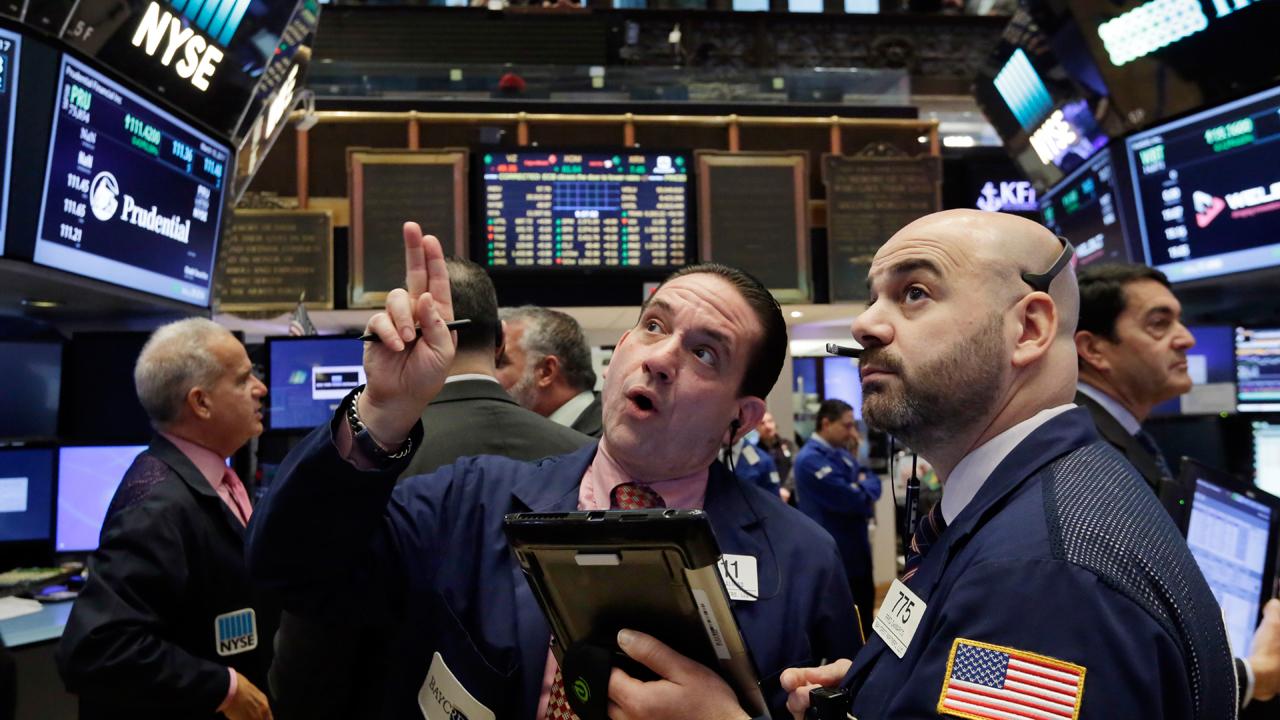Stock market corrections: What to know
The Dow Jones Industrial Average hovered near correction territory on Monday, as investors were spooked by concerns over global economic growth and the effects of an ongoing trade war between the U.S. and China.
But the Dow isn’t alone: the S&P 500 slid into a correction on Nov. 23, while the Nasdaq did so in October.
Though volatility can be concerning, experts caution stockholders not to react impulsively to market swings.
Here’s what investors need to know about corrections:
What is a correction?
When the market enters into a correction that technically means it has experienced at least a 10 percent decline from its recent peak.
The Dow would have to slide to about 24,145 in order to meet the 10 percent correction threshold.
Other terms that describe market declines include bear market – or an extended downturn in stocks, which typically needs to fall 20 percent over the course of a couple of months.
While a stock market crash doesn’t necessarily have a percent threshold, it is identified by a massive, abrupt drop in equity prices.
They’re normal
While the U.S. equity market enjoyed an extended bull run since the financial crisis, corrections are typically considered a normal part of stock movements.
They can happen every year or two and typically do not last long.
In fact, since 1920, the S&P 500 had undergone a 10 percent correction about once per year, according to Fidelity Investments.
Corrections can even offer investors the opportunity to buy stocks at a discounted price and to reassess their allocations.
Don’t panic
It is difficult to predict what may trigger a correction, but investors can control how they react to dramatic stock swings.
Putting recent declines in perspective can be helpful: the S&P 500 is still up more than 15 percent since President Trump took office.
Morgan Stanley Senior Vice President Jonathan Burkan told FOX Business on Monday that the market has seen about a 300 percent run since the economic crash – and he cautioned investors against making any rash decisions about their portfolios.
“Volatility is normal,” Burkan said during an interview with FOX Business’ Stuart Varney. “I do not think people should panic … things will get back.”
Burkan also said over the long term he thinks the U.S. economy is on sound footing.




















